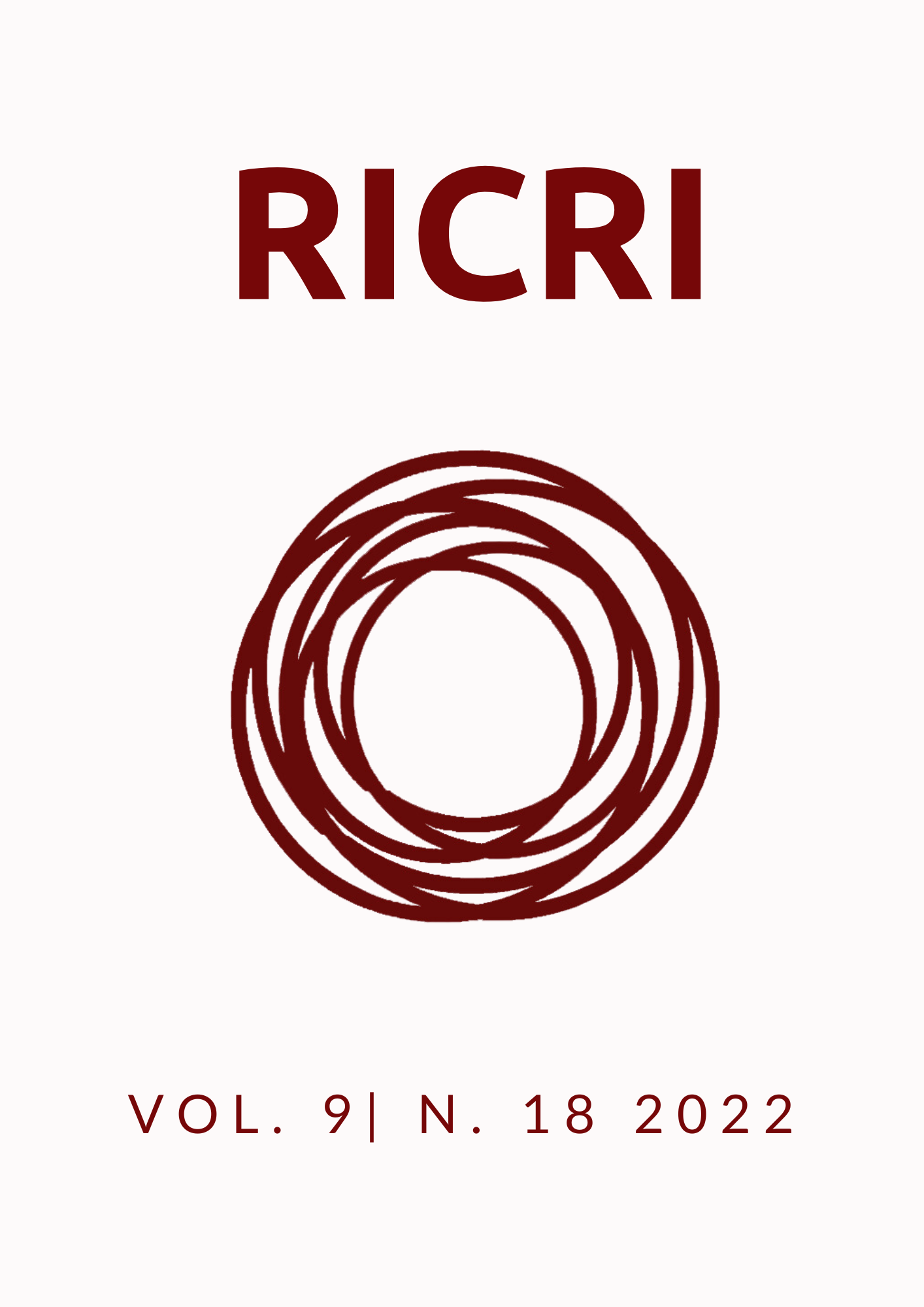United States, China and the World-Sytems Analysis: a perspective of transferring the global capitalist center
Uma perspectiva de transferência do centro econômico capitalista global
DOI:
https://doi.org/10.22478/ufpb.2318-9452.2022v9n18.58608Abstract
This article aims to relate the perspective of a capitalist economic center, found in the World-Systems Analysis, with the probable process of changing global economic leadership from the United States of America to China. The hypothesis of this article is that transition of global capitalist leadership is a case arising throughout economic history, characterized by economic and political phenomena intrinsic to the interstate capitalist system, so that the current transition of economic leadership from the United States to China represents the end and the beginning of yet another historical cycle of capitalist economic centers. The method used to develop this research was hypothetical-deductive, supported by the reference of bibliographic literature on the subject.
Downloads
Published
How to Cite
Issue
Section
License
Copyright (c) 2022 Journal of Scientific Initiation on International Relations

This work is licensed under a Creative Commons Attribution-NonCommercial 4.0 International License.
Authors who publish with this journal agree to the following terms:
a. Authors retain copyright and grant the journal right of first publication with the work simultaneously licensed under a Creative Commons Attribution License that allows for sharing of work with acknowledgment of its initial publication in this journal.
b. Authors are able to take on additional contracts separately for non-exclusive distribution of the version of the work published in this journal (e.g., post it to an institutional repository or as a book), with an acknowledgment of its initial publication in this journal.
c. Authors are permitted and encouraged to post their work online ( eg, in institutional repositories or on their website) at any point before or during the submission process, as it can lead to productive exchanges , as well as increase the impact and citation of published work ( See the Effect of Open Access).




